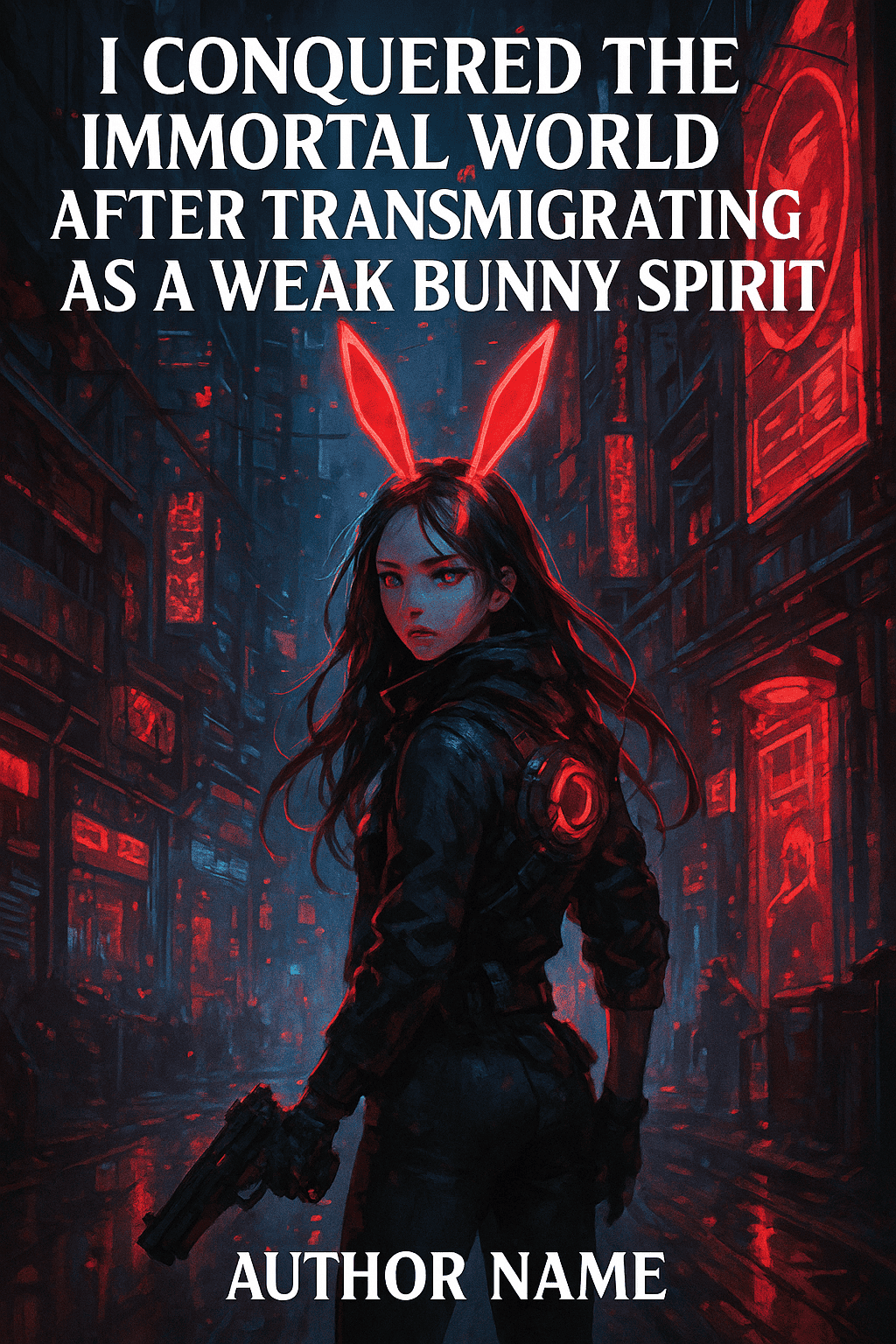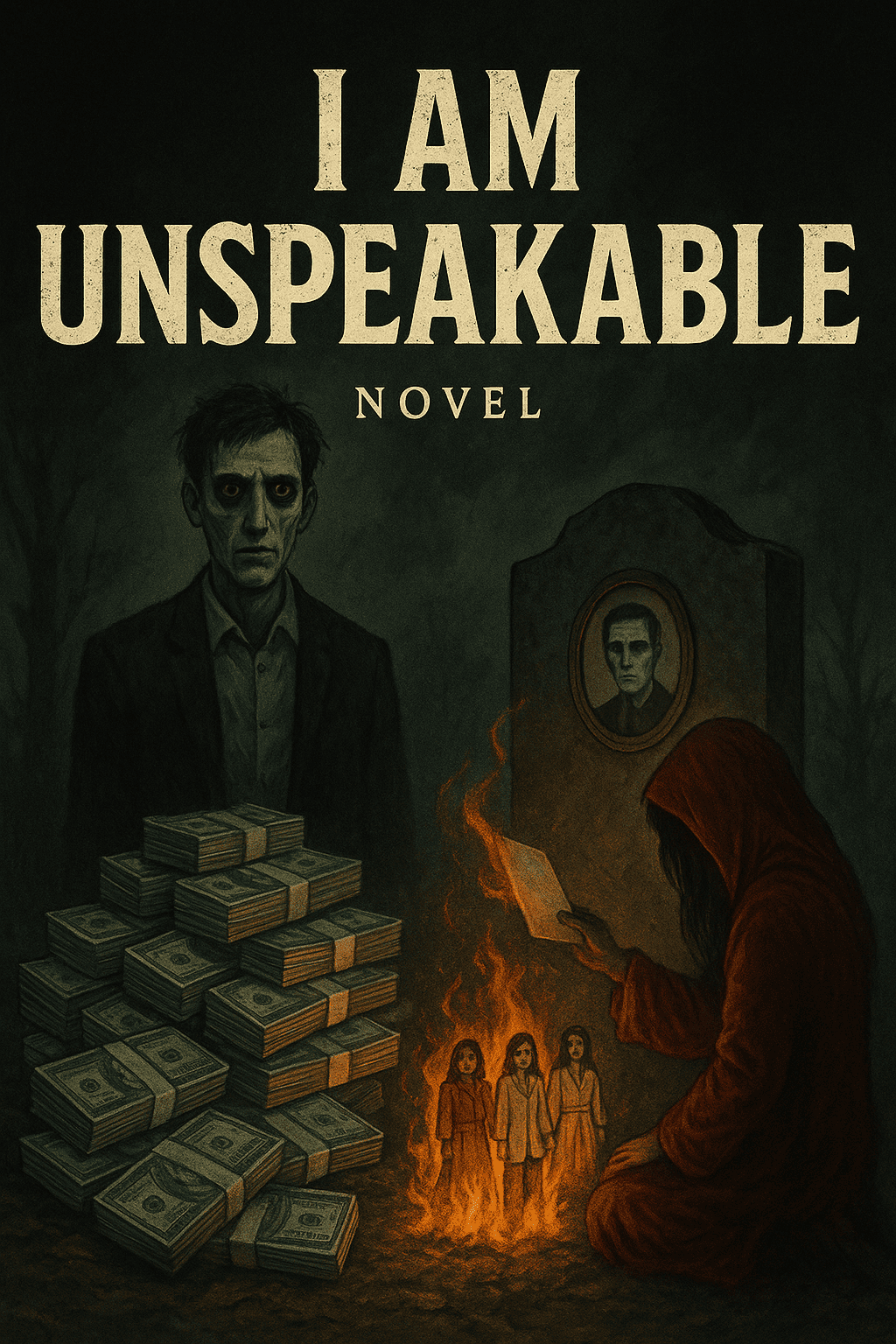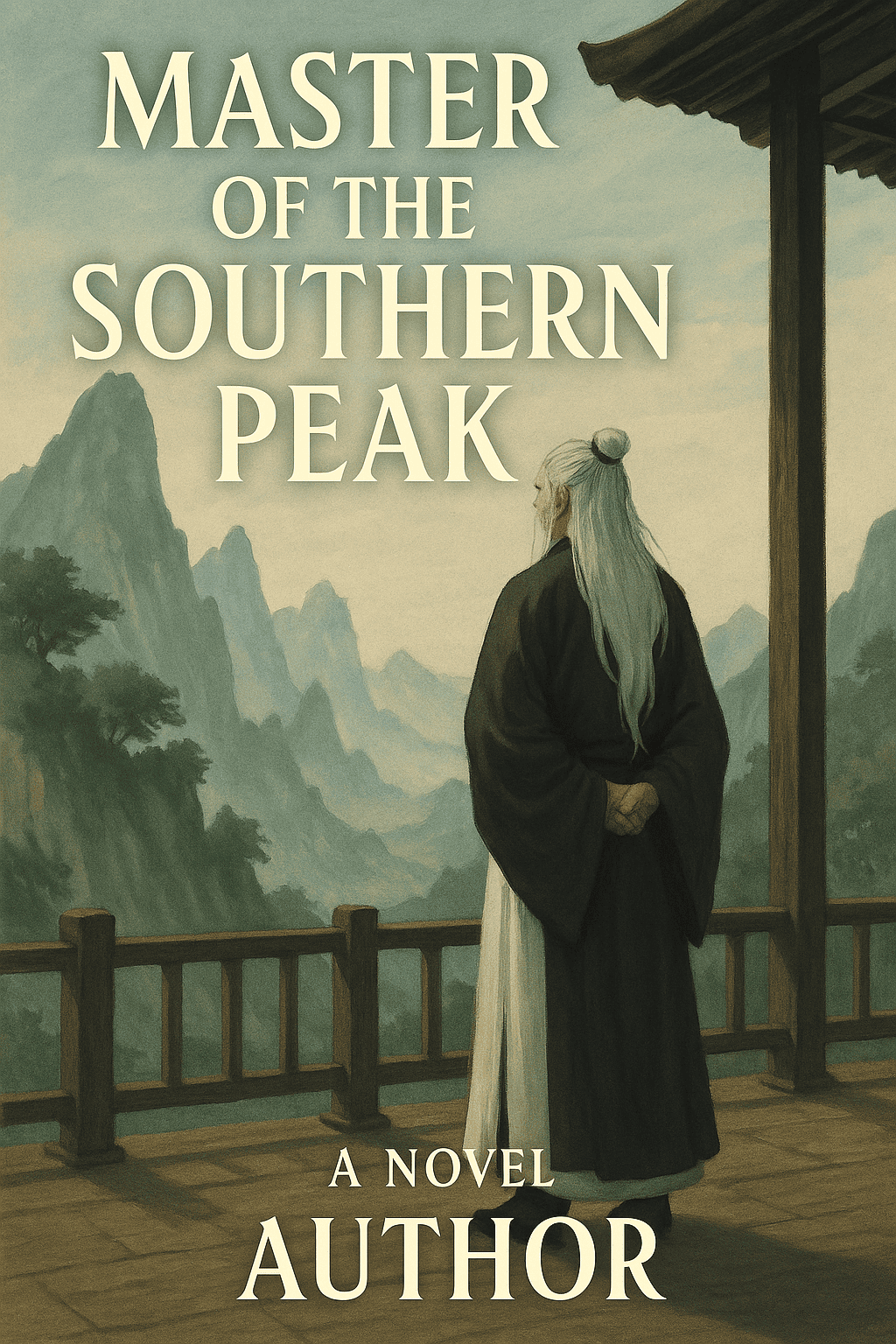Chapter 2 Time is fleeting
"Have you truly mastered this old-fashioned technique?" Qin Cheng rushed over, his gaze etched with wonder and doubt at the clear handprints on the thick tree trunk.
The old-fashioned techniques scattered among the archives, ranging from physical exercises to meditation, qi-gathering techniques, and internal cultivation methods, are quite fragmented.
These days, they're called scattered techniques, though many also refer to them as old techniques.
Although Qin Cheng had been dabbling in them for years, a deep-seated doubt lingered. Could he truly master them?
He was deeply moved by Wang Xuan's performance. A flesh-and-blood hand could actually leave clear handprints on a thick, hard tree trunk. Old techniques... could there really be a future?!
"According to the old-fashioned way, what I've learned is nothing." Wang Xuan shook his head. He stood tall and handsome, his figure shrouded in a faint white mist under the bright moonlight. Qin Cheng sighed, "Don't compare it to the past. I never believed it at all. In fact, many of those records have long been disproven."
Qin Cheng also practiced the Old Arts. He knew how difficult it was; even some meditation techniques alone could cause schizophrenia.
In today's world, closely connected to new stars and boasting brilliant technology in deep space, how many people still believed in such things? Even before practicing, his heart was shaken.
However, it was against this backdrop that Wang Xuan, Qin Cheng, and others, when they first entered university, were approached and asked if they would be willing to conduct research related to the Old Arts.
Wang Xuan, having previously encountered scattered arts, was immediately intrigued and agreed on the spot.
As for Qin Cheng, he didn't believe it at all. It was only after hearing that this research was linked to certain chaebols and that it was reportedly a significant investment, that he was intrigued and joined in, just to give it a try.
In the early days, while studying their original professional courses in their departments, they also used their spare time to participate in so-called "Old Arts research."
They discovered that this so-called research was actually primarily about their own practice. Special food was also prepared for them, all designed to enhance their practice of certain Sanshu techniques.
They increasingly felt that this "research" was far from simple. The two veteran professors teaching them the Sanshu techniques had been transferred from Xinxing.
Soon, some couldn't hold out and voluntarily withdrew, citing the arduous and tedious nature of practicing the old techniques.
Most importantly, in this day and age, people are skeptical of techniques from the past, often found in the archives of obscure texts.
However, while many withdrew, even more joined.
Because of the financial backing of the chaebol, this "research" was heavily funded, and efforts were intensified to recruit more qualified participants.
This was happening not only in this city but also across the old land, primarily targeting university students. To motivate them, generous salary incentives were offered.
Initially, a large number of applicants signed up, but after a large-scale selection process and more than six months of elimination, only about fifty remained. Most of these people transferred to the same university as Wang Xuan and Qin Cheng, continuing their original majors while forming a "Traditional Arts Experimental Class."
Not everyone, like Wang Xuan, initially joined out of interest.
Those who transferred were promised, at the very least, a respectable, well-paying job upon graduation.
At this point, everyone realized the extraordinary nature of this "research"—why else would they have to devote so much effort to it?
The "traditional arts textbooks" used in the experimental class all had a distinguished history: rare museum copies, treasures from chaebol collections, and even religious texts.
For example, a certain internal cultivation method was famous in ancient times but ultimately lost.
Years ago, it was discovered in a tomb, brought to light and now compiled as part of the experimental class's study material.
Furthermore, all students in the Traditional Arts Experimental Class were meticulously prepared by a dedicated staff.
As they learned more about the ingredients, many were astonished. Some of the ingredients were incredibly precious and rare, difficult to obtain in Old Earth and transported from deep space.
The old professor who taught them Qigong lamented that these ingredients would be prohibitively expensive even in New Star, let alone transported from deep space.
Some ingredients were simply unavailable even if one had the money.
Some of these ingredients, found in the deep seas of New Star, have anti-aging properties, others can significantly replenish blood and qi, and still others can maintain vitality.
For those who practice various scattered arts, dietary nourishment is crucial.
The old professor once said that certain ingredients are highly sought after by some older figures of impressive backgrounds in New Star because they can slow aging.
This demonstrates the importance attached to this "Old Art research."
Especially astonishingly, not long after, New Star welcomed over twenty new students to join the experimental class.
Traditionally, Old Earth students have aspired to New Star and hoped to study abroad, but this time, the situation was reversed. With the arrival of these young men and women, rumors began to spread, gradually revealing part of the truth to the students in the Traditional Arts Experimental Class.
"Some organizations, some research institutes, some chaebols, are pursuing immortality!"
This statement initially caused quite a stir in the Traditional Arts Experimental Class, shocking many.
To modern eyes, such pursuits seem ridiculous and illusory.
However, throughout history, it seems that everyone who has reached a certain level has diligently pursued them.
As early as the pre-Qin period, legends about immortals and alchemists have captivated generations, even emperors.
But from the Qin Emperor to Emperor Wu of Han, and on to others who came after them, all failed. Without the elixir of immortality, it was impossible for anyone to succeed.
In this day and age, such myths have long been disproven. How could they possibly exist?
And yet, such news came from the bright new star of science. "To be precise, it's certain elderly individuals within the chaebol, those in power, who desire a longer lifespan."
Although someone else added to this, it still caused an uproar in the experimental class.
History repeats itself remarkably. Throughout history, certain prominent figures reaching old age seem unwilling to resign themselves to this, yearning for youth and a vibrant body.
Back then, Wang Xuan and Qin Cheng had whispered about the plans of those prominent figures. "Old men are declining, so they naturally crave youth. Otherwise, how can they appreciate beautiful women? They have billions, but they can't squander them. If I were in their place, I'd want to live another five hundred years!"
"Old ladies are absolutely more ruthless than old men. Their youth has faded, and their former beauty is now covered in wrinkles. For powerful women with vast resources and powerful influence, aging is their natural enemy! If there's even a sliver of hope, these old ladies will be even more desperate than the old men, trying everything to regain their youth!"
At that moment, several young men and women from Nova heard the whispers and rolled their eyes, as it seemed to concern some of their elders.







